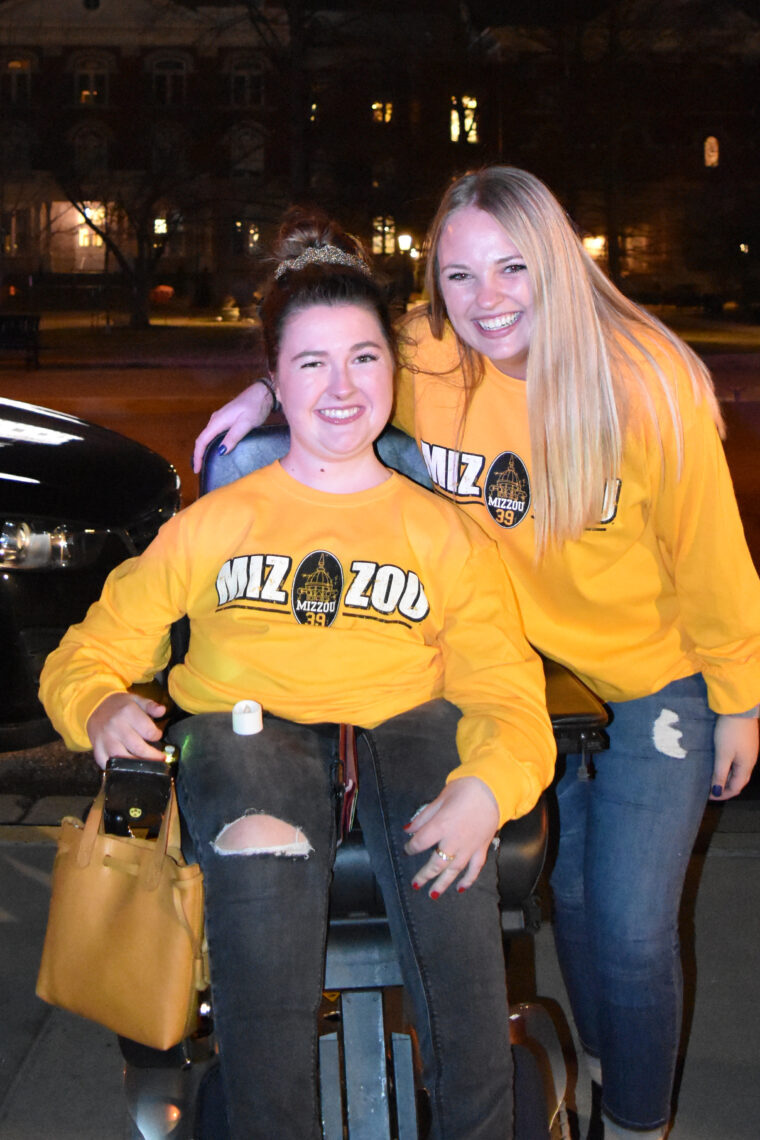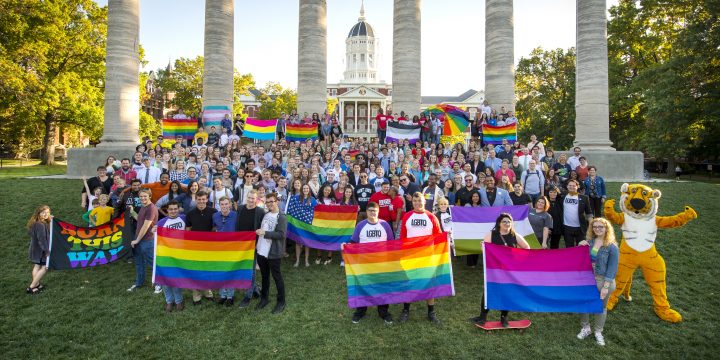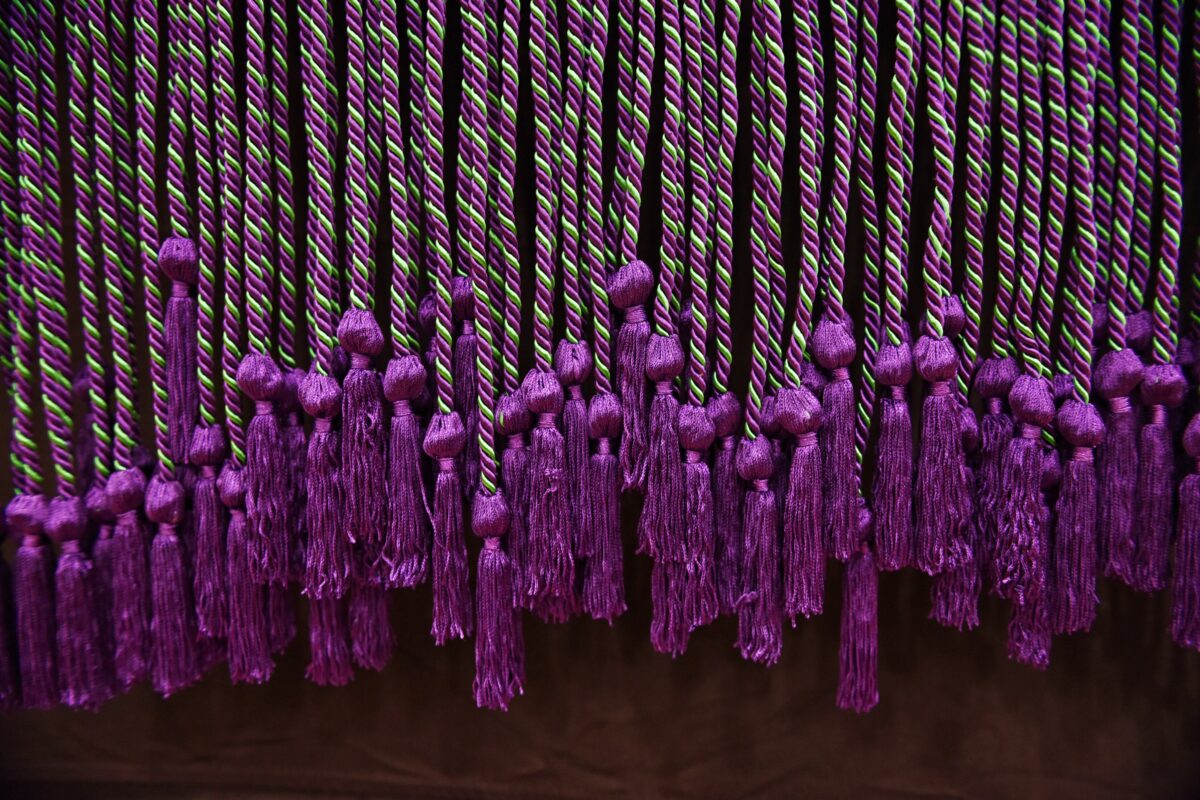MU Inclusive Excellence Impact Report: Spring 2019

Download the MU Inclusive Excellence Impact Report: Spring 2019

Inclusive Excellence is the framework by which the University of Missouri accomplishes its inclusion, diversity, and equity goals. The implementation of the framework centers diversity, equity, and inclusion as an essential component of institutional excellence. Implementation is necessarily deliberative and participatory. Multicultural organizational development takes at least seven years when the entirety of an organization is focused on transformation. This report summarizes the impact of MU’s Inclusive Excellence efforts, with a focus on programs and initiatives funded in 2017.
The following report was prepared by the Office of Inclusive Engagement and Emily Love from UM System.
Year One
In 2017, the UM System identified a lack of funding for diversity, equity, and inclusion (DEI) efforts as one of the main obstacles to improving the living, learning, and working environments at the University of Missouri. The Board of Curators earmarked significant funding to provide incentives for programs, initiatives, scholarship, and hiring to drive deep organizational change across the institutions and the UM System offices.
Year Two

By 2018, university constituents had adopted the Inclusive Excellence Framework to develop these programs, and each school, college, and functional division were directed to write unit-specific plans. The plans were reviewed by the UM System DEI Advisory Council, composed of staff, faculty and student representatives from each institution, and funds were administered by the Council based upon the intentionality and potential impact of the program.
Strategy

MU had four objectives for the Inclusive Excellence planning process:
- Obtain a baseline of activity related to diversity and inclusion campus-wide
- Involve each major academic and administrative unit in an IE planning process of its own design
- Acknowledge that each unit is starting in a different place in terms of its diversity and inclusion practices and in its experience with strategic planning
- Develop a vision for where the campus should be within 5-7 years relative to diversity and inclusion practices. The DEI Advisory Council distributed $3.4M to new or enhanced programs, scholarships, and salary support for new positions in February 2018. IDE facilitated the development of structures and processes for plan development and review, intentionally aligning the IE Framework with the campus strategic plan.
Funded Projects Dashboard
Total funds for MU: $1.4 million
Completed/On-Track Projects
Subtotal: $1,037,472
Projects On Hold/Not Yet Started
Subtotal: $362,500
SWOT Analysis of Inclusive Excellence at MU

Strengths/Successes
- Unprecedented levels of DEI engagement and ownership across the institution.
- 23 units submitted IE plans in 2017 and impact reports in 2018-19.
- Development of collaborative and Interdisciplinary initiatives
- Five academic units are collaborating with CASE, MU Connect, and the Teaching for Learning Center to improve student success
- Combining predictive analytics, inclusive teaching, and success coaching models
- Five academic units are collaborating with CASE, MU Connect, and the Teaching for Learning Center to improve student success
- Community engagement around Inclusive Excellence is making MU a significant partner in the state (Extension/IDE), and Columbia/Boone county (IDE), and an emerging leader.
- Faculty, staff and students report that IDE’s community partnerships will make Columbia a better place to live, learn, and work.
Weaknesses
- Varying levels of commitment to Inclusive Excellence across units
- Weak coordination within units prevents initiatives from achieving high impact
- Greater cross-functional collaboration needed to communicate existing resources across campus
- Climate remains a weak point across most academic and administrative units
- Stronger commitment from unit leadership needed to expand beyond one-time training events or speakers
- Staff indicate that supervisors and colleagues have low multicultural competencies
Opportunities
- Campus-wide adoption of success coaching models will increase retention and graduation rates for underserved and underrepresented students.
- Requires investment in additional staff
- Central coordination of unit facilitators and leaders so that IE is deepened across campus
Threats
- Complacency
- Enrollment Management has not developed a strategy for recruitment of underrepresented and underserved students.
- URM enrollment is flat over the past two years, and URM deposits are down for Fall 2019
- Continuing retention issues for URM faculty
- Faculty from the College of Arts & Science, Journalism, Education, and Engineering have remarked that Columbia can be a “challenging place to raise children of color,” and for partners to find employment commensurate with their résumés.
- Columbia’s initial steps into Inclusive Excellence in collaboration with IDE could make Columbia a more welcoming community for faculty of color.
